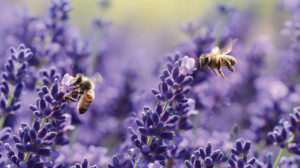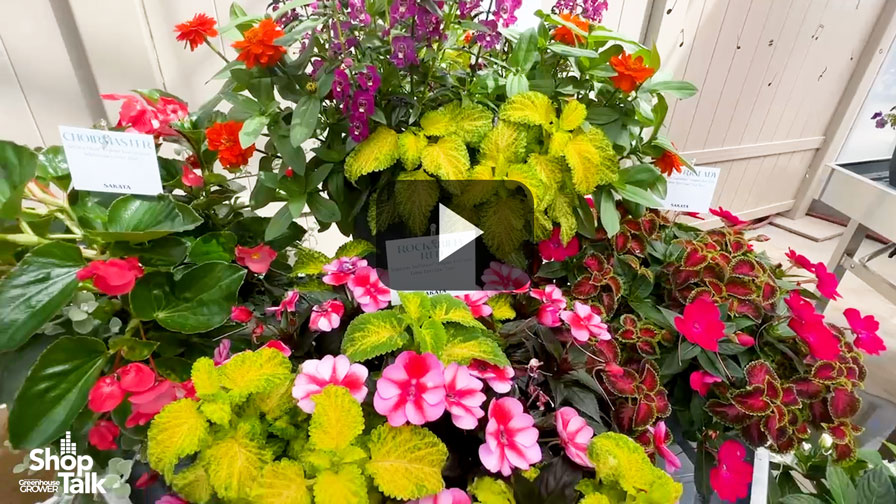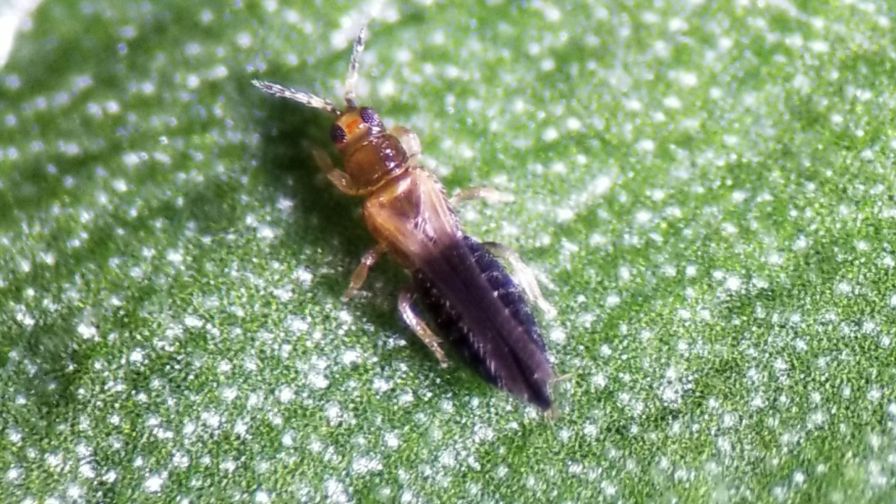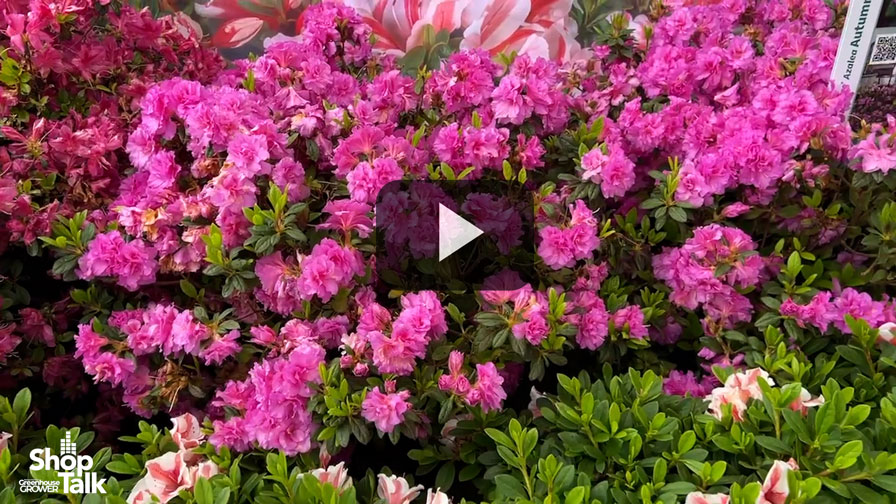Allan Armitage: Plant Consumers Don’t Talk About Varieties; They Talk About Solutions

People aren’t talking about the newest plant varieties available. They want solutions, such as plants for pollinators or plants that deer won’t eat.
I doubt that I meet more “real” people than you do, but I do meet some diverse groups when I talk about this thing we call horticulture. From the Master Gardener to my gardening neighbor, the smallest garden center to the mega independent garden center owner, the beginning landscaper to the landscape designer, and from your friends to your daughters, these are just a few of the “real” people I talk to every time I go out that give me a good idea of what interests our true audience.
Real people are those who use our products and, if truth be told, are not us (i.e., those at the Mid-Atlantic Nursery Tradeshow, Cultivate, and California Spring Trials). That does not mean many of those at such meetings do not have their hands firmly on the pulse of what is happening. Growers with specific programs for deer-resistant plants, native plants, xeric plants, etc. have been teaching me how to teach real people for many years.
However, I can’t help but notice there are still a few folks with their heads in the sand.
People Want Plants That Provide Solutions
I hate to break the news but real people aren’t talking about the next new digiplexis or echibeckia (although these are really cool plants). They aren’t talking about the next new hydrangea, echinacea, or heuchera. No, they are talking about solutions. They are talking about deer, native provenance, heat, and eco-gardens.
Any new plant introduced must be marketed for more than its quick turns off the bench, its easy propagation, its availability from seed rather than cuttings, or that it adds to a series. All of these are important to growers and breeders, but not one of these things means anything to real people.
So rather than bloviate and ramble any more, let me be specific. There are a number of solution trends, but allow me to mention one increasingly in-your-face topic out there — pollinators.
People have talked about plants for pollinators forever, and just like deer, you can find lists all over the Internet. It is not enough for us to give lip service to this anymore. We as breeders, brokers, and growers should develop availability lists for marketing the solution (i.e., attracting more pollinators to the landscape), not just add some asterisks to our alphabetical plant lists.
We grow and sell these plants already. We simply have to repackage them in a user-friendly way to highlight the solutions they provide. At least, that’s how I see it.
Pollinator Trend References
Pollinator Partnership (http://www.pollinator.org/guides.htm)
Xerces Society (http://www.xerces.org/pollinator-conservation/plant-lists/)
American Beauties Native Plants (http://www.abnativeplants.com)
Birds & Blooms (http://www.birdsandblooms.com/gardening/garden-bugs/top-10-flowers-that-attract-bees/)
Sunset Magazine (http://www.sunset.com/garden/flowers-plants/plants-pollination/view-all)
Gardens Supply Co. (http://www.gardeners.com/how-to/attracting-butterflies-hummingbirds/7265.html)









